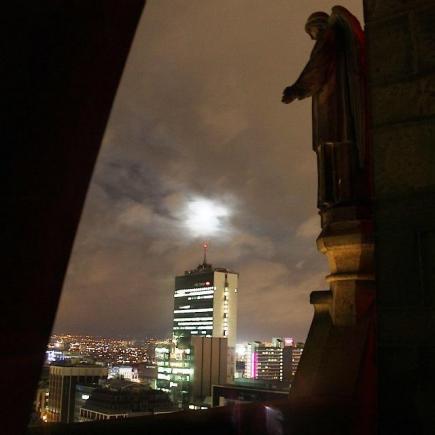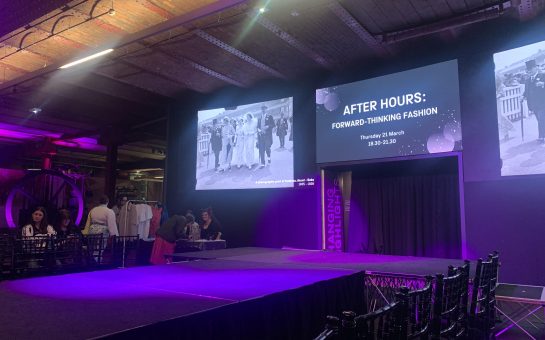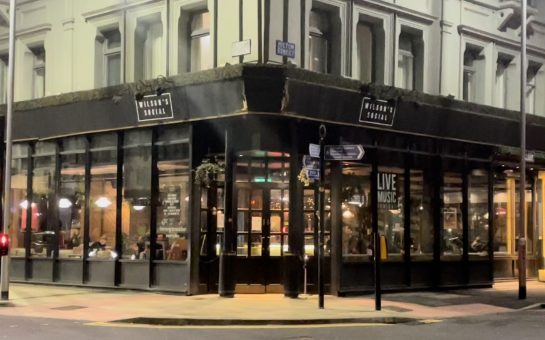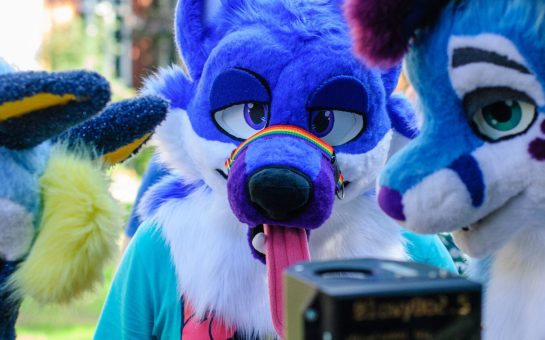Let yourself get lost in the feel of the city and the shivers down your spine or the haunting sense of dread may have you feeling like you’re trapped in a horror film.
Snap back to reality and you’re just having a stroll around Manchester.
The mystery and melancholy is largely because the city’s streets, alleyways, canals and buildings are imbued with the spirit of the gothic.
The demands of the Industrial Revolution were the driving force behind Manchester’s growth into the urban centre we know today so popular Victorian designs and a revived interest in the gothic are evident in the city’s architecture and personality.
Earlier this month the Manchester Gothic Festival was resurrected and the convener Dr Linnie Blake believes Manchester was the most suitable macabre setting for the ghoulish event.
She said: “The Gothic Manchester Festival aimed to introduce people to this darker side of the city, drawing on a wealth of local talent whilst capitalising on the architectural resources of the city itself.
“Although the ‘Madchester’ years made us appear to the outside world to be exceptionally Day-Glo, we Mancunians are no strangers to the darkness.”

DARK AND LIGHT: Manchester’s skyline boasts a bold contrast between new and old
Gothic is a broad term, which can be used to describe or denote key themes in art, literature, architecture, fashion and music.
“In academic terms, the gothic was a kind of literature that emerged in the 1700s,” explained Dr Blake.
“It gave the world a range of settings, plots and characters that are still recognisable today: the ruined castle, the haunted mansion, the helpless heroine and the wilful villain all being pursued or destroyed by something from the distant past to the accompaniment of thunder, lightning and wild weather.
“In the 1800s, the home and the streets of the city became new sites for terror and over the course of the last hundred years the gothic has spread to new media – most notably film, television, the internet and the world of online gaming.
“Today, the gothic is absolutely everywhere as we attempt to explore the dark side of our societies and of ourselves.”
The scope and meaning of the term may have changed over centuries, but it seems Manchester has always had some connection to the gothic.
The city developed from a manorial township in the Middle Ages to an industrialised hub during the Victorian period – an era renowned for architecture and arts in the gothic style.
Nineteenth century visitors such as eminent French political thinker Alexis de Tocqueville were struck by the industrial scale of the city.
Writing in 1834, de Tocqueville said of Manchester: “Thirty or forty factories rise on the tops of the hills.
“Their six stories tower up and give notice from afar of the centralisation of industry.
“The crunching wheels of machinery, the shriek of steam from boilers, the regular beat of the looms are the noises from which you can never escape.”
In the early nineteenth century a revived interest in medieval Gothic architecture saw an excess of ornate decorative patterns and embattled parapets.
As much of Manchester’s architecture was built during this period of heightened gothic interest, a macabre aesthetic and mind-set is perhaps inevitable.
Dr Blake said: “Our town hall is one of the most splendid Victorian gothic buildings in the world.”
“Our streets and ginnels, canals and entries are themselves haunted by the ghosts of the industrial past.
Manchester’s gothic state of mind has persisted throughout the centuries to the present day.
“Our rainy city has produced some of the most haunting music of the last 30 years,” she added.
“Our galleries, performance spaces, clubs and streets consistently revisit that darker Manchester that lies behind the plate-glass and concrete exterior of the contemporary city.”
In a city with a physical heritage in the gothic, Manchester was perhaps the perfect setting for a festival exploring and celebrating the dark side of our societies and of course ourselves.
Manchester Gothic Festival hopes to return to the city once more this time next year.
Main image courtesy of Bryan Ledgard, via Flickr, with thanks
Inset image courtesy of Sean Fenney, via Flickr, with thanks



